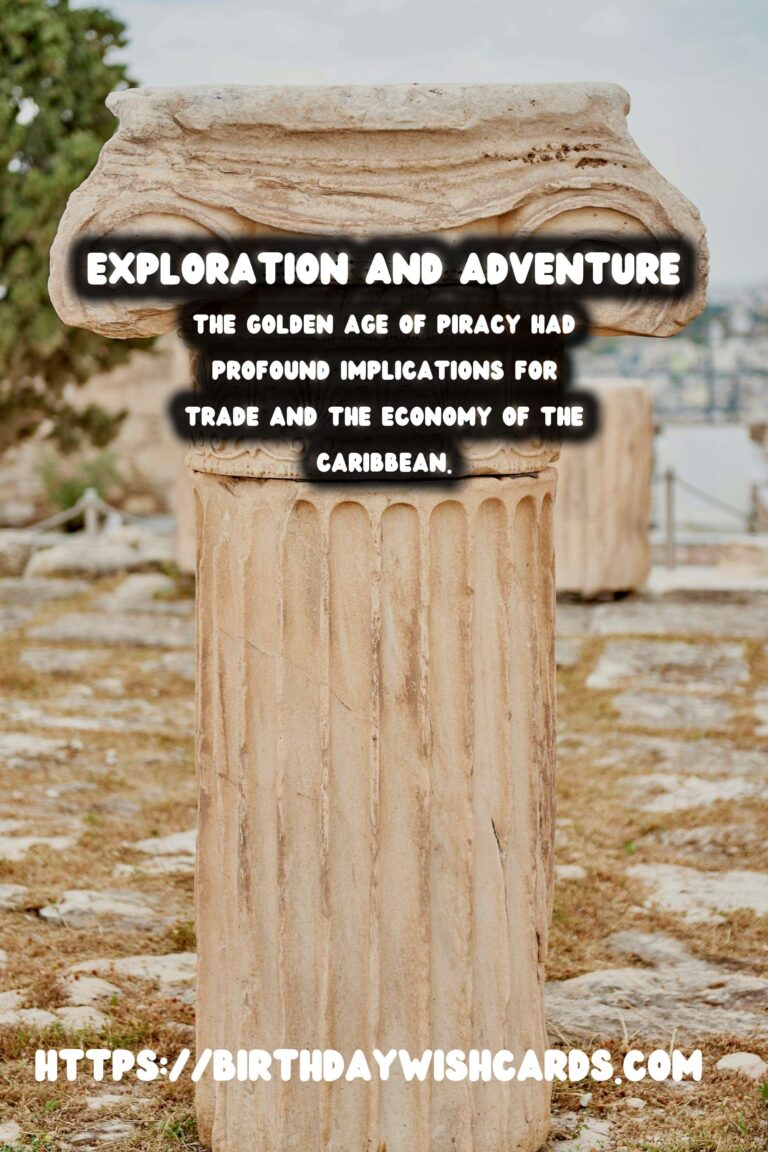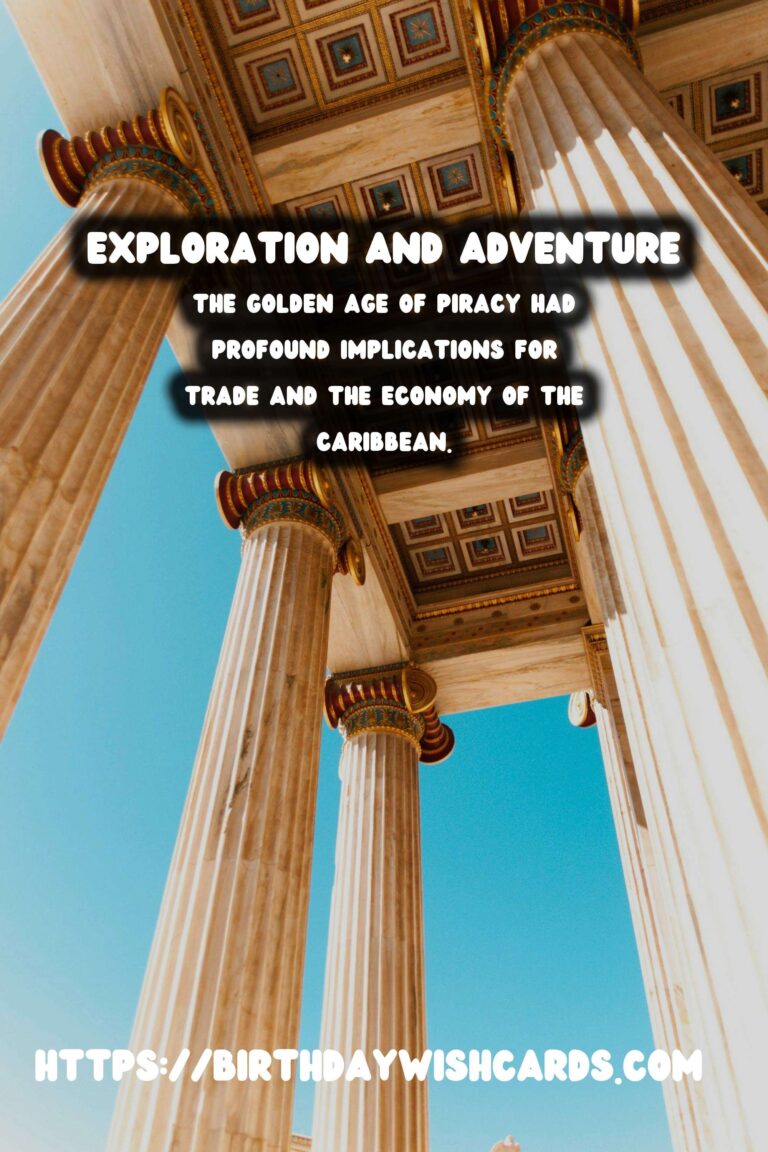
The Golden Age of Piracy, spanning the late 17th and early 18th centuries, is an era romanticized and immortalized in popular culture as a time of adventure, treasure hunts, and formidable pirate captains like Blackbeard and Captain Kidd. However, beneath this swashbuckling veneer lies a complex and impactful history that profoundly shaped the Caribbean region. In this article, we delve into the various dimensions of piracy and its enduring effects on Caribbean history.
The Origins of Piracy in the Caribbean
The roots of piracy in the Caribbean can be traced back to the intense colonial rivalry among European powers in the New World. The Spanish, who were the first to colonize large swathes of the Caribbean, found themselves at odds with England, France, and the Netherlands. These nations sought to challenge Spanish dominance and wealth, leading to widespread privateering—a state-sanctioned form of piracy.
Privateers, essentially pirates with a license, targeted Spanish ships laden with gold and silver from the Americas. These lucrative raids set the stage for increased piracy, as soon the lure of wealth attracted sailors and adventurers eager for fortune, irrespective of national allegiance.
Legendary Pirates and Their Infamous Deeds
Among the myriad pirates who roamed the Caribbean seas, certain individuals stood out for their audacity and cunning. Edward Teach, known as Blackbeard, became legendary for his fearsome image and ruthless tactics. His blockades of major ports and audacious attacks earned him notoriety and made him a formidable figure in pirate lore.
Equally infamous was Captain William Kidd, originally commissioned as a privateer by the British government but later branded a pirate. His trial and execution in London sent shockwaves across the Atlantic and were indicative of the tenuous line between piracy and privateering.
The Impact on Caribbean Trade and Economy
Piracy had profound implications for trade and the economy of the Caribbean. The constant threat of attack increased shipping costs, as merchants invested heavily in security. Insurance premiums for voyages skyrocketed, and the risk of loss deterred some trade ventures altogether.
However, piracy also pushed for advances in maritime navigation and shipbuilding in an effort to outpace pirate vessels. The hidden coves and islands used by pirates became centers of black market trade, where illicit goods were exchanged outside the control of colonial powers.
Cultural and Social Changes in the Caribbean
Pirates, often social outcasts or impoverished sailors, formed unique communities that defied traditional societal norms. Pirate ships operated as democracies where captains were elected and spoils divided equally. This egalitarian structure attracted many, including escaped slaves, women, and disenfranchised workers, offering them a semblance of freedom and opportunity.
The existence of pirate settlements, such as the notorious Port Royal in Jamaica, challenged conventional colonial systems and created vibrant, albeit lawless, communities that contributed to the cultural mosaic of the Caribbean.
The Decline of Piracy and Its Legacy
The decline of piracy in the early 18th century was precipitated by concerted efforts of colonial governments, naval crackdowns, and changing international politics. Treaties between European powers reduced privateering commissions, and fortified settlements rendered pirate attacks less effective.
Despite its eventual decline, the cultural imprint of piracy remains, influencing literature, cinema, and even local folklore across the Caribbean. Today, the legacy of piracy is celebrated in festivals and museums, keeping the spirit of adventure alive in the Caribbean’s historical narrative.
Conclusion
The Golden Age of Piracy is much more than tales of maritime treachery and buried treasure; it is a transformative chapter in Caribbean history. The era’s socio-political impact, economic ramifications, and cultural legacy continue to resonate, illuminating the complexities and allure of this bygone age.
The Golden Age of Piracy had profound implications for trade and the economy of the Caribbean. Legendary pirates like Blackbeard became emblematic of a rebellious era marked by maritime mercilessness. 









#CaribbeanHistory #PirateEra




